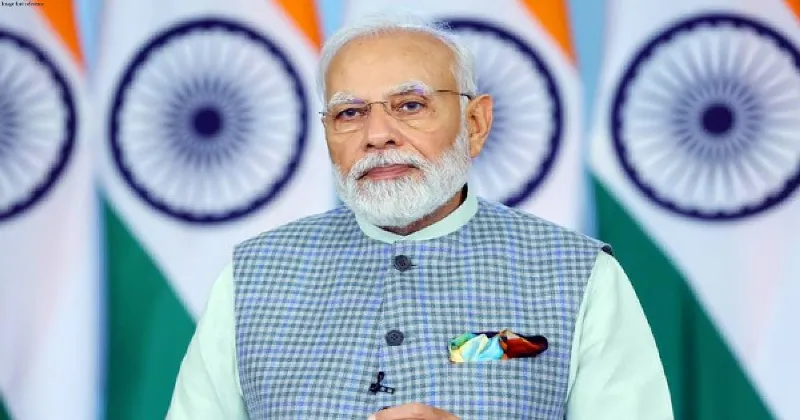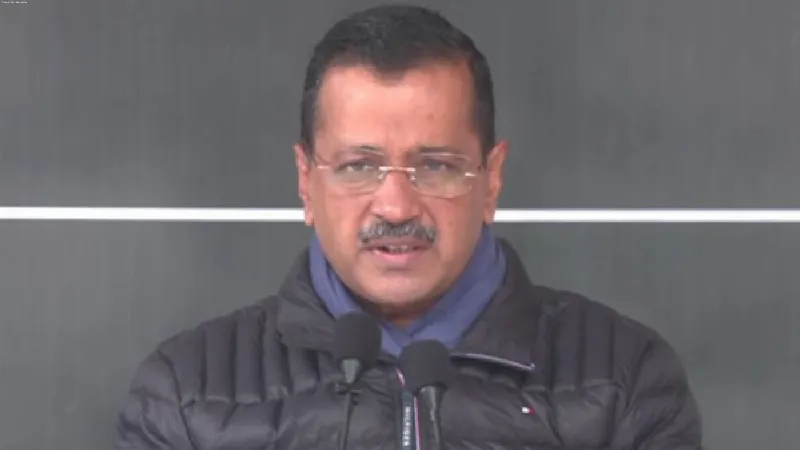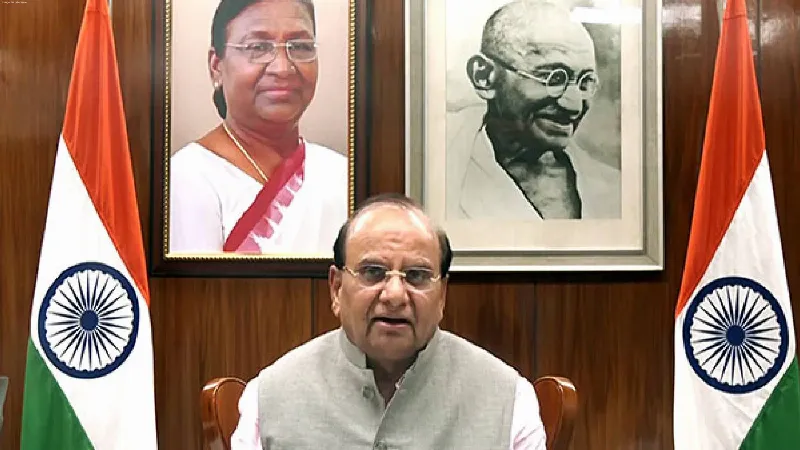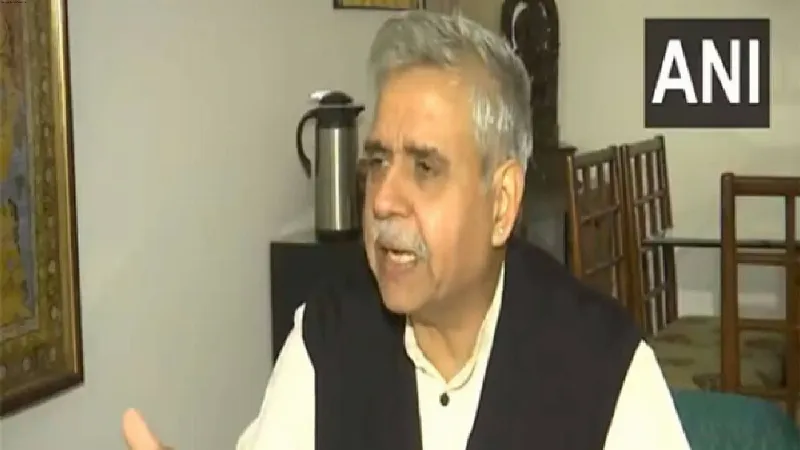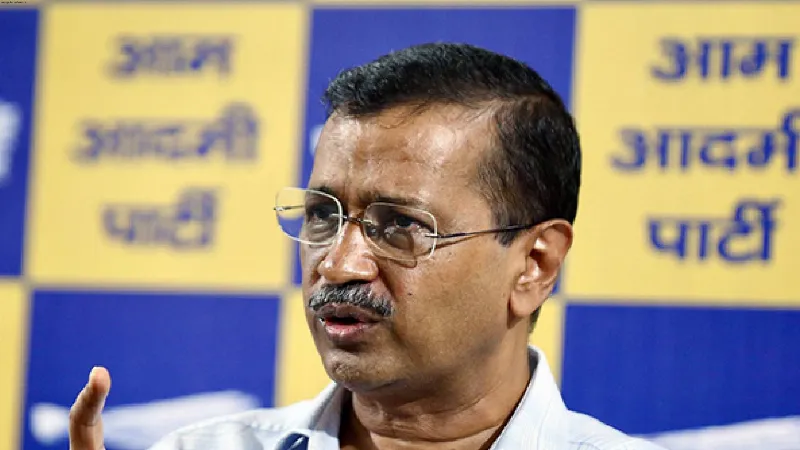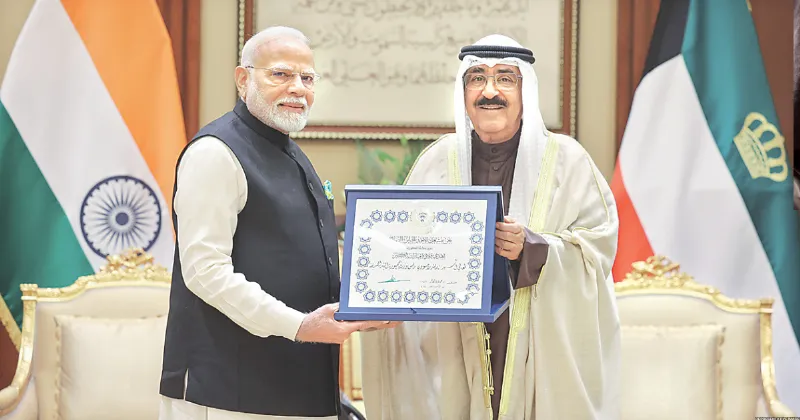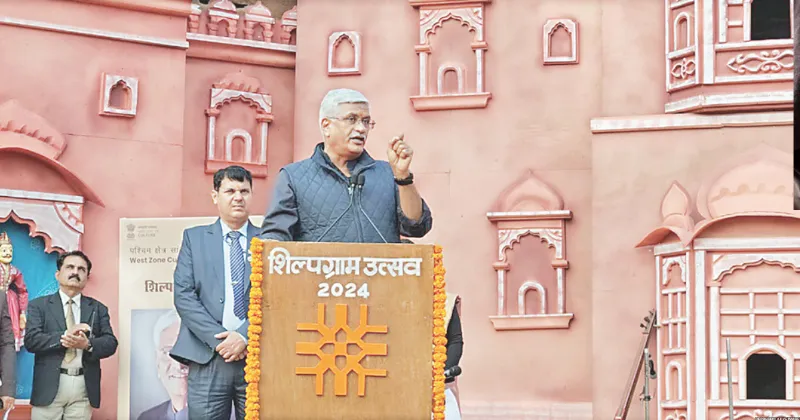Revolutionizing entrepreneurship: Unleashing power of startup culture in India

New Delhi: The entrepreneurial spirit is embedded in the cultural and economic milieu of India and over the past decade, these inclinations have only boomed.
Prime Minister Narendra Modi's vision of "a new India that taps on the entrepreneurial potential of its people" is coming to fruition with the country now becoming the world's third-largest startup ecosystem. The startup is a force to be reckoned with in this direction.
The importance of startups in the ecosystem has multiplied with their capacity in addressing societal issues. Right from reducing plastic waste in the oceans, startups have invaded all aspects of human life.
India's story started with 452 startups in 2016 and this number has now spiked to over 84,000. Back in 2011, the concept of a unicorn - a privately held venture-capital-backed startup company with a value of over USD 1 billion - was rare.
Today, India boasts more than 100 unicorns with a cumulative valuation of over USD 350 billion.
From technological advancements and government support to a change in the mindset of the youth and the availability of funding opportunities, myriad factors have sustained the country's startup fever.
Technology has since become the single biggest enabler for startups - a boom in entrepreneurship was recorded even during the backdrop of the COVID-19 pandemic in 2020 when digital adoption surged like never before.
Artificial intelligence, cloud computing, blockchain and other emerging technologies have given startups more tools at their disposal to start and grow their businesses, explore innovation and cut costs.
There are nearly 27,000 active tech startups in the country, which are expected to continue increasing innovation and deep-tech adoption, particularly in areas related to Sustainable Development Goals (SDG) that require complex solutions. The deep-tech ecosystem in India is growing fast, with about 19 per cent of Indian startups in the deep-tech space.
Several of them are leveraging technology to help the country achieve sustainability goals in
the long run. For instance, String Bio leverages fermentation technology, chemistry and process engineering, and synthetic biology to produce high-quality next-generation ingredients for the animal nutrition, agriculture, human nutrition, and personal care sectors. It is the only company in Asia that has enabled a methane-based value chain through biological processes.
To empower the nation's defence and security, in November 2019, the Indian government said that it was looking to fund at least 250 defence startups over the next 5 years to come up with new cutting-edge solutions for the armed forces.
The Ministry of Defence also earmarked Rs 5 billion for its innovations for Defence Excellence (iDEX) initiative, launched in April 2018, to find new technologies to help the Indian armed forces.
The government has taken many other steps to support the startup ecosystem: the Startup India initiative, launched in 2016, offers various benefits and incentives to startups, including tax exemptions, funding support and a simplification of regulatory processes. During the year, the Fund for Startups Scheme was also approved and established with a corpus of Rs 100 billion to provide a much-needed boost to the Indian startup ecosystem and enable access to domestic capital. The Atal Innovation Mission promotes innovation and entrepreneurship among students and young professionals.
It provides funding and support to incubators, accelerators, and startups in various sectors. Measures have also been taken to offer several tax incentives, simplify labor laws, and relax norms for intellectual property rights.
The country's rapidly growing youth population works in its favour. The younger generation in India is increasingly building a culture that values innovation, risk-taking, and entrepreneurship. The rise of social media and the internet has made it easier to access information about successful entrepreneurs and connect with other like-minded individuals.
Advances in technology have made it easier than ever to start a business with minimal
upfront costs. Now it is easier to build a brand or create a market without the need for significant capital investment using social media also.
All these have created a change in the mindset of the youth, who are more willing to
move away from corporate jobs and start their own businesses.
According to Sanjay Nath, co-founder and managing partner of Blume Ventures, "Indian entrepreneurs never lacked imagination. But, in the last 10 years, the best talent was always limited to corporations. Now, that gap is being bridged. This reverse flow of talent is the most inspiring thing about the B2B startup sector right now."
India also ranked fifth in terms of investments received by startups offering artificial intelligence-based products and services in 2022, according to Stanford University's Annual AI Index report. Startups are categorized as 'high-risk' by banks, which can pose challenges on the investment front.
However, government efforts to relax foreign direct investment (FDI) norms have helped boost VC funding and foreign investment. Large global VCs and hedge funds, including Tiger Global, Sequoia Capital, Accel, and SoftBank are known for backing and creating unicorns such as Ola Cabs and OYO.
With increasing confidence in startups and their visions, domestic VC firms have also started to increase their funding outflow. For instance, Bengaluru-based Elevation Capital, which has around 126 investments in India and overseas, made investments worth USD 1 billion across 26 deals in 2022 into the country's tech startups, compared with USD 527 million across 38 deals
in 2021.
India started new engagement with the setting up of 'Startup20' under its G20 Presidency. With this, the G20 is appropriately directing its attention towards the startup paradigm that has brought about global disruption in industries, systems and platform, focussing on cooperation in economic and social systems.
The group is expected to agree on a common definition for the startups by July which would enable effective policy-making across the globe, potentially resolving current challenges faced in valuation and taxation.
With these developments, the Indian ecosystem for startups continues to grow strong. Startups across diverse sectors, including healthcare, deep tech, climate and energy are contributing significantly in driving India's economic growth and building its innovation capabilities. These
developments will go a long way in making India a significant global player across various sectors. (ANI)



